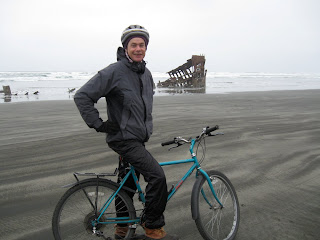

From Valerie MacEwan:
Greenfield dismisses the unflattering analogies that liken Washington to an "elitist men's club; a recklessly run business; and a den of every know public and private vice, including lechery, larceny, pride, sloth, dissembling, and, above all, the lust for acquiring power and wielding it cruelly and carelessly" and chooses instead to compare Washington to high school. Nobody, Greenfield claims, ever gets over high school, a "preeminently nervous place." The basic social codes, those which define the imperatives for acceptance and popularity, consists of strict confines created to assure one's capacity to please and to "be associated with the right people" as well as to "impress and be admired by the vast, undifferentiated rest."
Greenfield justifies her comparison:
Now consider this settlement's profoundly high school nature. It is psychologically fenced off from the larger community within which it makes its home, free--like irresponsible youth--of all but the minimal obligations of citizenship to that community, and absorbed to the exclusion of all else in its own eccentric aims and competitions. And the high-school-like feel political/governmental Washington takes on by virtue of all of this is intensified by certain givens of its existence... One is the only-passing-through nature of so much time spent here...
She goes on, describing the terms "underscoring the fixed period of time for which people in both the legislative and executive branches have been sent to do their jobs," comparing the vacation schedules of Washington to a high-school academic year, and finishes her justification with the ultimate comparison -- freshmen and senior status.
Washington dissects the media, the politician, "the policy dingdongs on the seventh floor" and the social elite.











